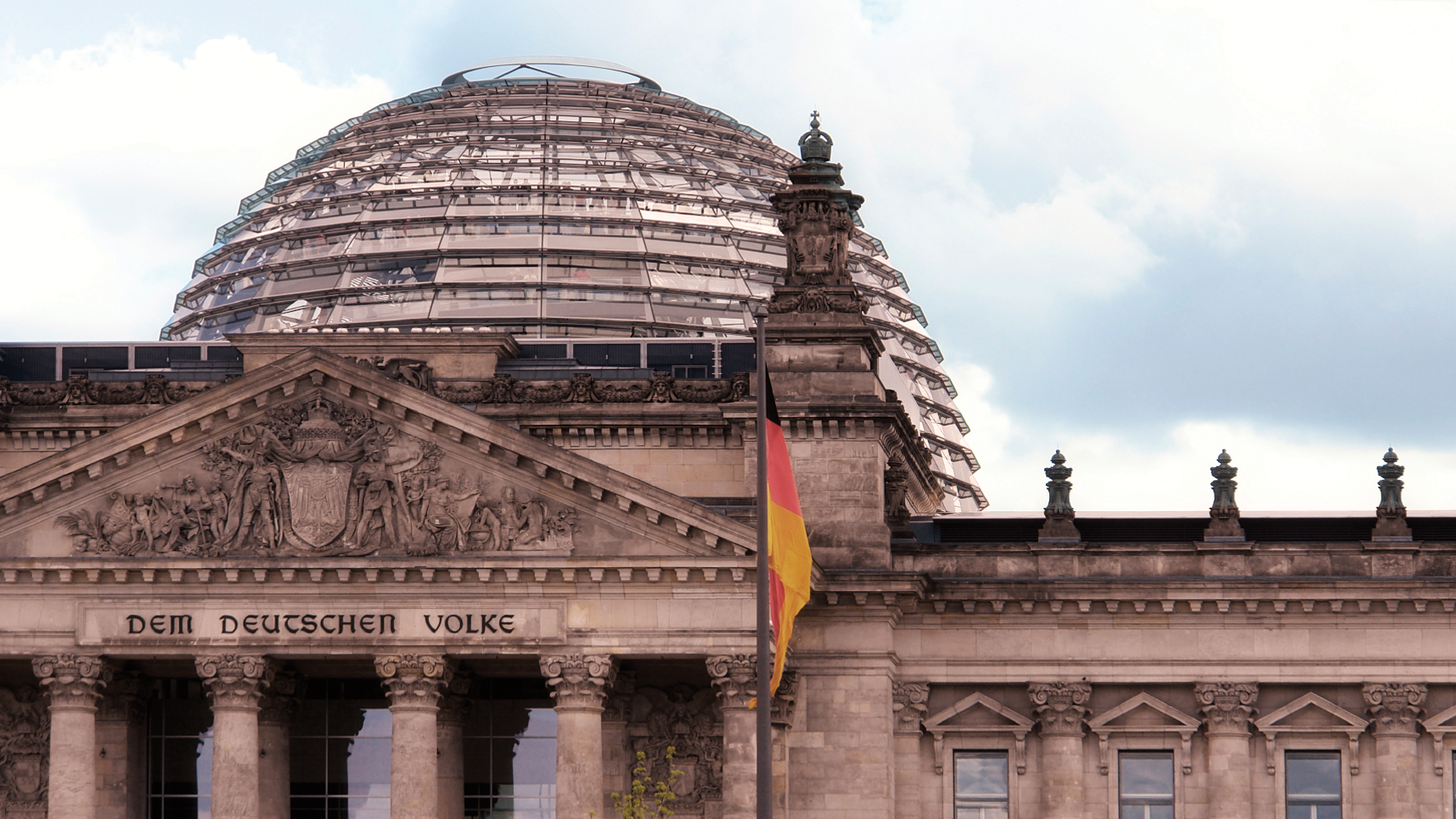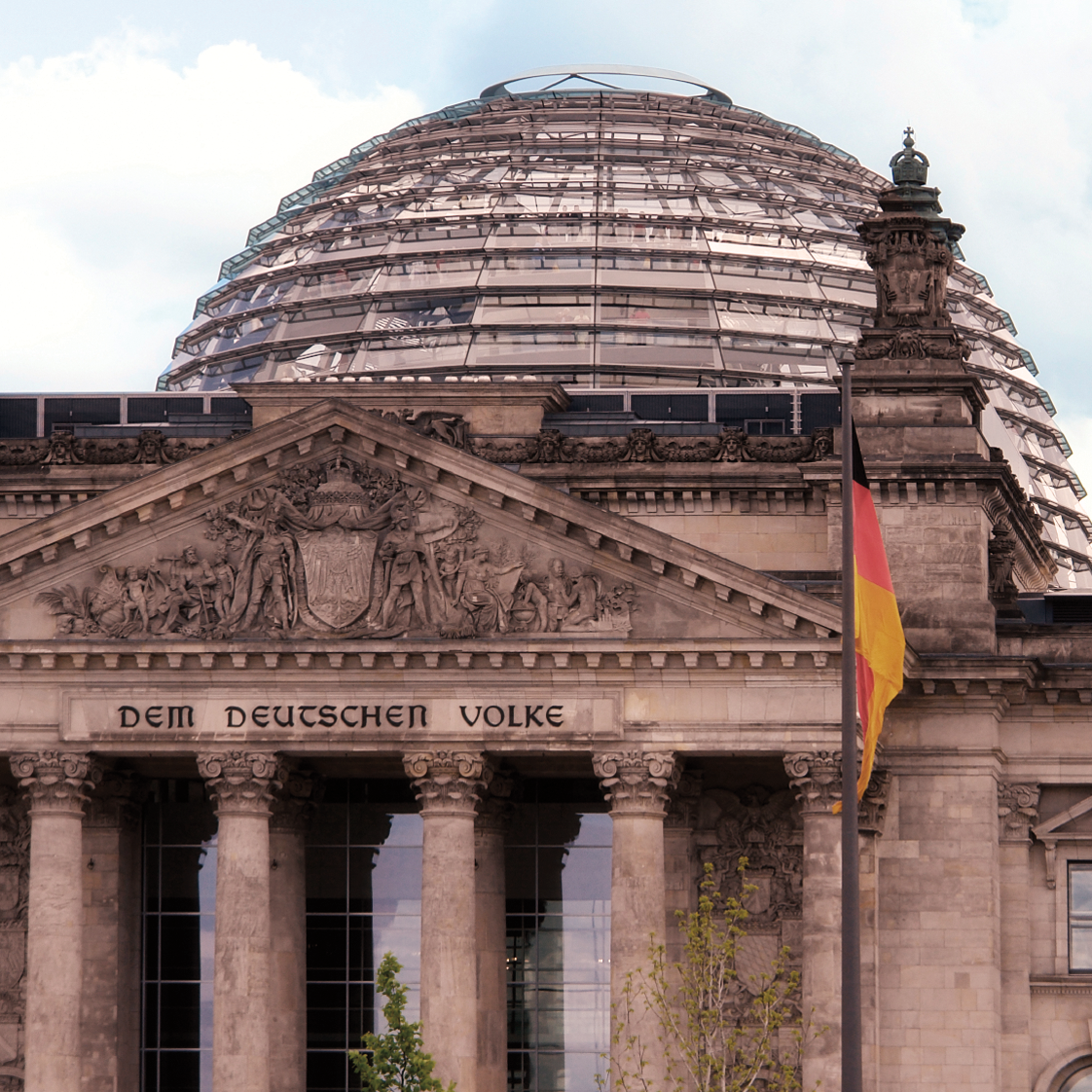E-government of the future represents a globally important contribution by government for de-bureaucratizing and modernizing administration as well as developing interstate services. Moreover, transparency will be increased for all interest groups and the viability of locales and offices strengthened. The objective is to improve government services and democratic processes, as well as simplifying the form and completion of administrative activity. Online government services are oriented primarily toward citizens and companies, but also toward administrative bodies and will lead to a reduction in the workloads they face. Effective e-government protects against excessive regulation and the accompanying obligatory bureaucratic duties.
Early recognition of technological and social trends is important for government to be able to be successful over the medium and long term. It is only by recognizing trends like autonomous vehicles and smart microgrids early and creating the right conditions for their expansion that international competitiveness can be maintained. E-government research helps government to shape and actively guide these paradigm changes.


